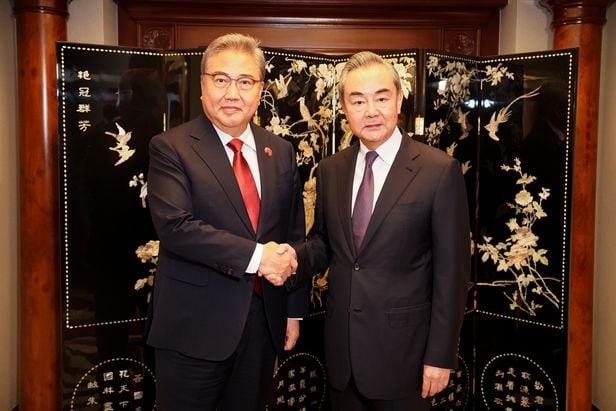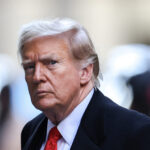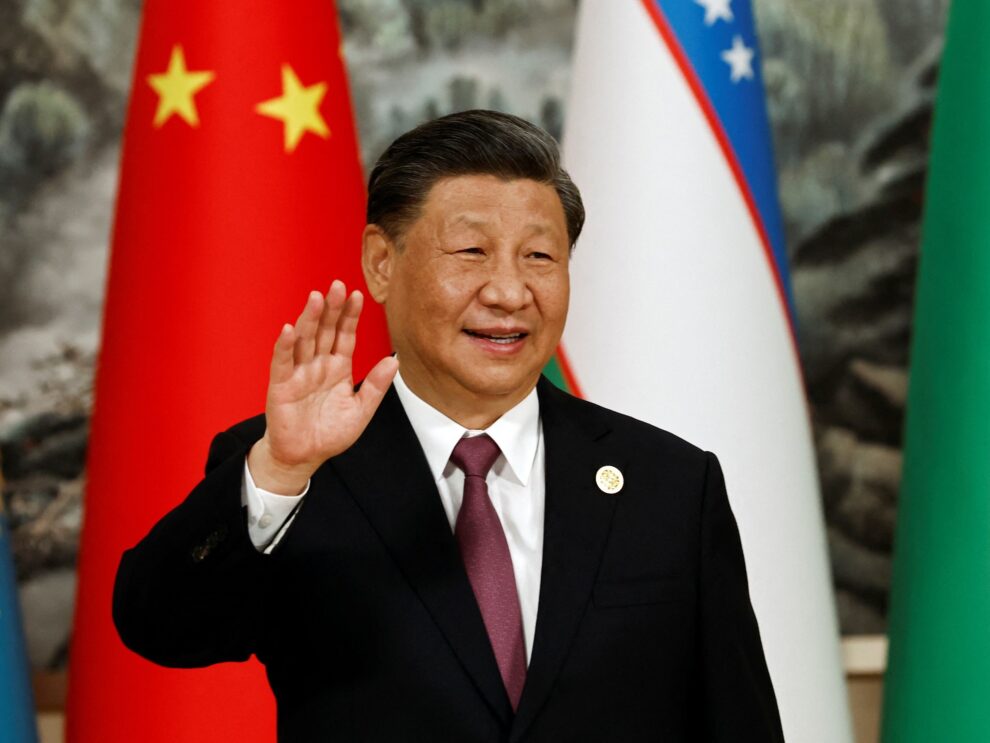It has been six years and five months since China stopped issuing group visas to South Korea in retaliation for the deployment of the THAAD (High Altitude Area Defense) system in March 2017. This measure, which was announced 10 days before the Korea-US-Japan summit, is highly evaluated in terms of a kind of “situation management” by China, which is faced with intense US containment and close contact between Korea, the US and Japan.
In the second half of 2019, Beijing, Shanghai, Chongqing, etc. resumed selling group travel products to Korea, but it was never allowed nationwide, and from January 2020, the Chinese border was completely closed due to corona. Even after the reopening (resumption of economic activities) earlier this year, China excluded Korea from the list of 60 countries that allowed group travel announced in February and March. A local source said, “Even in the second half of the year, it could be interpreted to mean that there is no will to restore Korea-China relations if China does not allow group tours to Korea. I would have been concerned.”
Diplomats are paying attention to the fact that China announced this measure 10 days before the Korea-US-Japan summit to be held at Camp David in the US on the 18th (local time). The meeting, which will be held at the US president’s villa, is significant in that the cooperation between Korea, the US, and Japan, which has gained momentum as more than 100 discussions at each level have been held over the past year, is reaching completion. In particular, issues that China is sensitive to, such as the Taiwan Strait, freedom of navigation in the South and East China Seas, and strengthening of supply chains, are on the agenda. South Korea, the US, and Japan did not specify “China” in the joint statement at the summit in November last year, but it is of interest to what level they will take a position to contain China this time. A diplomatic source said, “The United States and Japan are active (in China’s statement), but South Korea’s position to consider relations with China is key.”
In this situation, there is an analysis that China has started to manage the situation against South Korea and Japan because it can no longer neglect the closeness of Korea, the United States, and Japan. Professor Joo Jae-woo of Kyung Hee University said, “The intention is not to join the US in its hard-line containment of China.” The United States has launched a series of consultative bodies to check China, such as QUAD, AUKUS, and the Indo-Pacific Economic Framework (IPEF), and has recently been actively involved in Vietnam and the Philippines, which have maritime disputes with China. Kang Joon-yeong, a professor at Hankuk University of Foreign Studies, said, “It is a message that we will communicate and manage because there is nothing to be advantageous to China if relations with Korea deteriorate.”

Signs of recovery are also being detected in the relationship between the two countries, which hit a low in April with President Yun Seok-yeol’s remarks about Taiwan and Chinese Ambassador to Korea Xing Haiming’s “bet” remarks in June. Last month, a face-to-face meeting between Foreign Minister Park Jin and Wang Yi, a member of the Politburo of the Chinese Communist Party, was concluded after a year. At this meeting, Commissioner Wang also said that he would “actively work to revive the consultative body” in relation to the Korea-China-Japan Summit, which has not been held since December 2019. It is known that China also asked South Korea to hold a ‘2+2 dialogue’ attended by the vice ministers of foreign affairs and defense. It is also true that the South Korean government is also clamoring for a stable management of Korea-China relations on a separate track from strengthening Korea-US-Japan cooperation. However, China, a permanent member of the Security Council, is still defending North Korea’s nuclear runaway, and has recently been showing dissatisfaction with South Korea by unilaterally closing down the birthplace of poet Yun Dong-ju. Therefore, some say that “the essence of Korea-China relations has not changed” and that we should be wary of broad interpretations.
Some say that China was conscious of the atmosphere of improving relations between South Korea and Russia that is being done behind the scenes. Although there are many unfavorable things that have been revealed on the surface between South Korea and Russia, such as President Yoon’s visit to Ukraine and suspicions of North Korea-Russia arms trade, it is said that a way to improve relations has been opened behind the scenes. A passport official said, “There is an atmosphere that the Russian side regards the appointment of a deputy foreign minister-level person as a sign of sincerity to the Russian ambassador.”
Source : chosun.com











